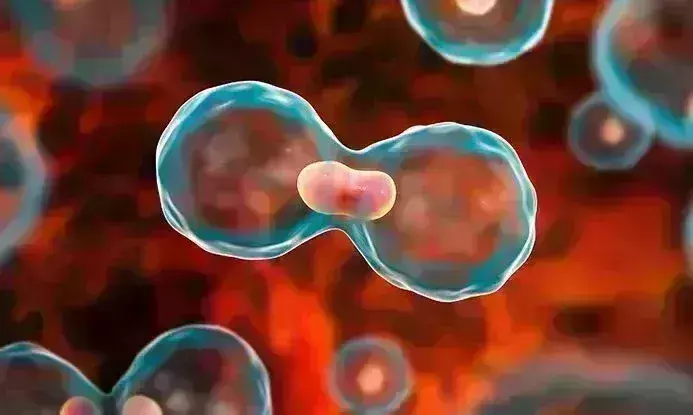
Scientists come up with AI model to predict cancer recurrence
text_fieldsLondon: A study by Royal Marsden NHS Foundation Trust, the Institute of Cancer Research, London, and Imperial College London has brought up a model using an AI (Artificial Intelligence) that can predict the risk of cancer coming back in patients who had once cured themselves of the disease, The Guardian reported.
Dr Richard Lee, a consultant physician in respiratory medicine and early diagnosis at the Royal Marsden NHS Foundation Trust, said that the invention is a step forward in being able to use AI to learn which people are at the highest risk of cancer recurrence. Detecting such a situation earlier could make the further treatment effective, he said.
He told the Guardian that this would also alleviate the fear of cancer patients. The fear of cancer recurrence is reportedly a major cause of anxiety in many cancer patients.
He also said that the tool would help in reducing unnecessary follow-up scans and hospital visits and added that this would help in reducing radiation exposures.
For the study, the researchers used the 'machine learning' model om non-small cell lung cancer patients to identify whether the model could accurately predict their risk of recurrence after radiotherapy. While lung cancer stays the leader in cancer deaths worldwide, NSCLC contributes to nearly 85 per cent of lung cancer cases. NSCLC is curable if detected early. But, in the United Kingdom, 36 per cent of NSCLC patients experience recurrence.
However, the new model proved more accurate than traditional methods in predicting recurrence.
Dr Sumeet Hindocha, a clinical oncology specialist registrar at the Royal Marsden and Imperial College London, who led the study, said that at the moment, there is no surveillance framework for NSCLC. Therefore, this model might be helpful. Further, the model could access data easily the methodology could be used across different health systems, he said.
The study findings were published in The Lancet's eBioMedicine journal.























